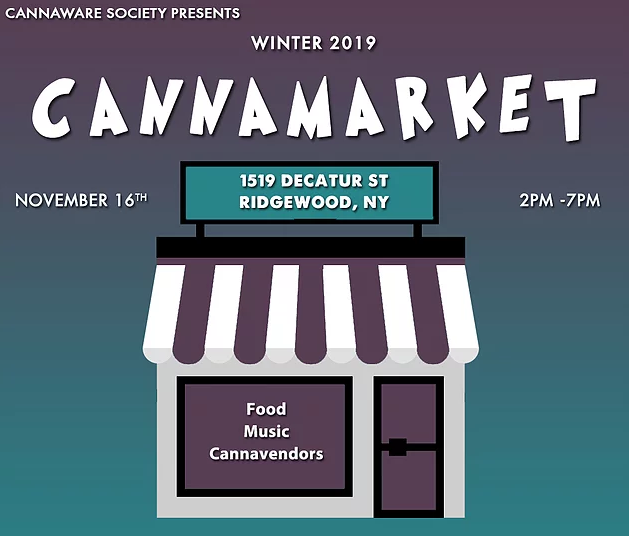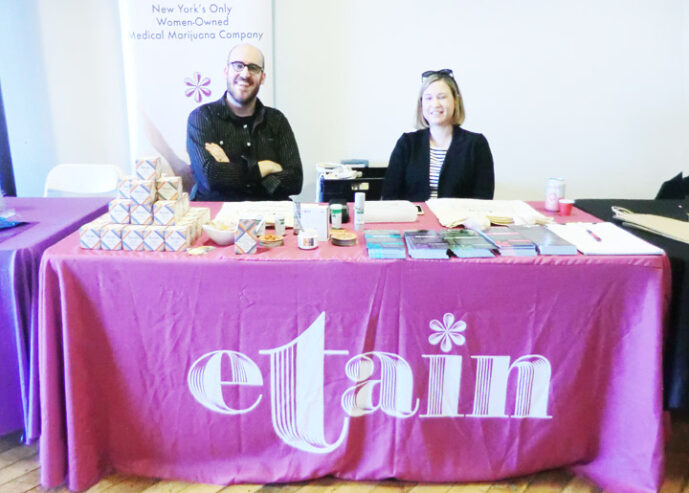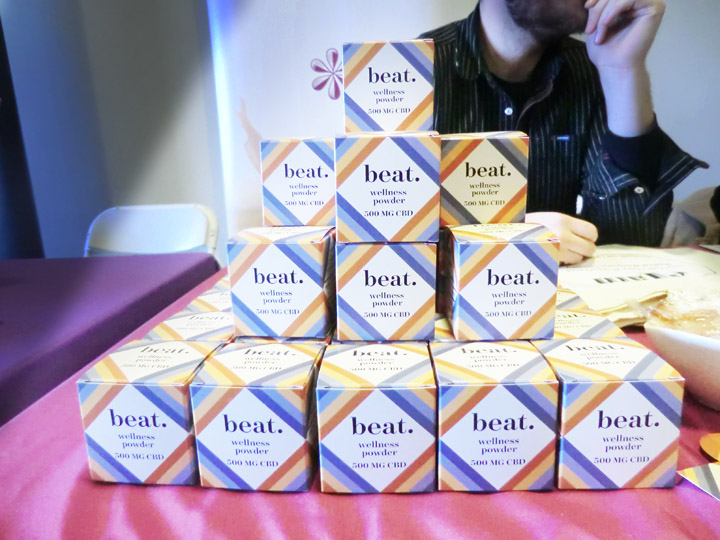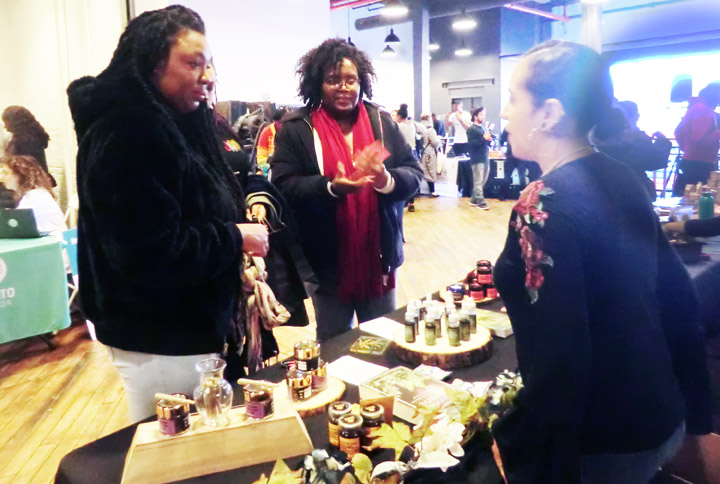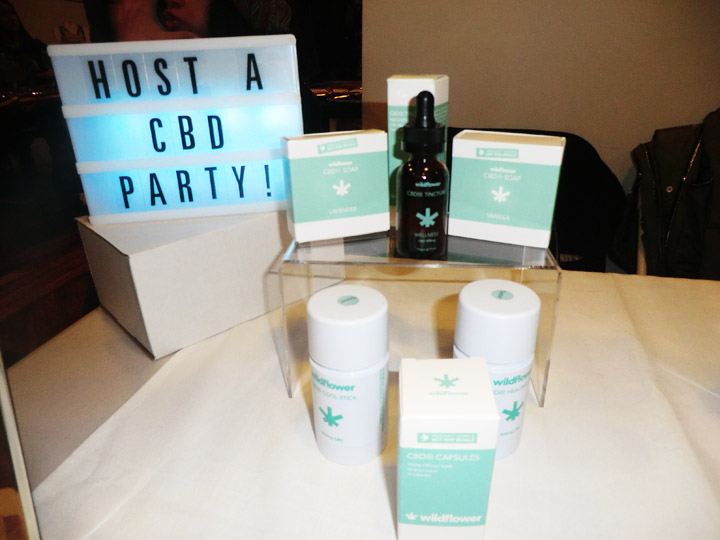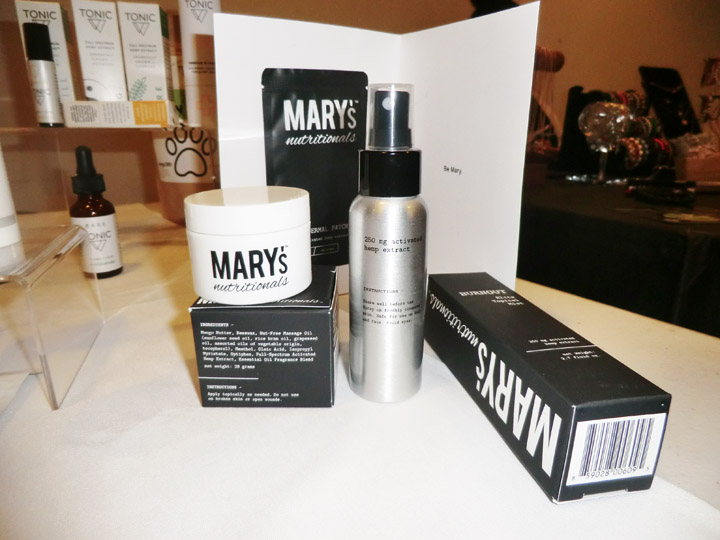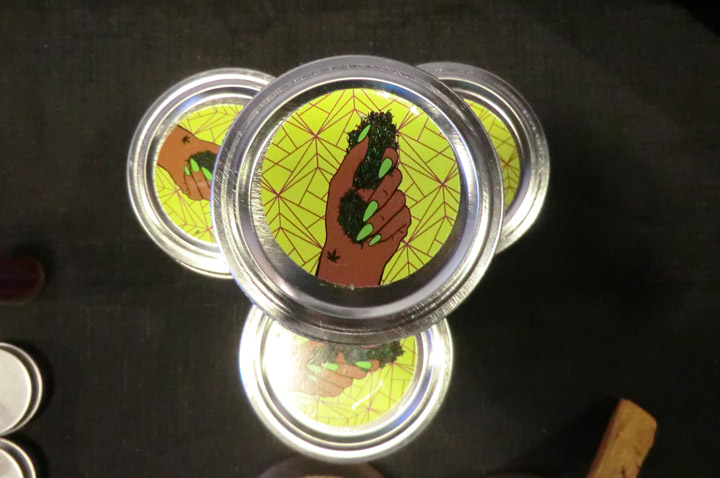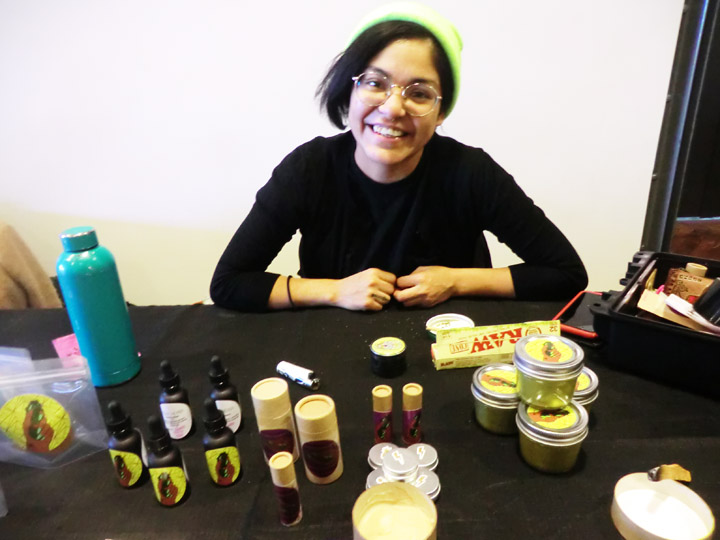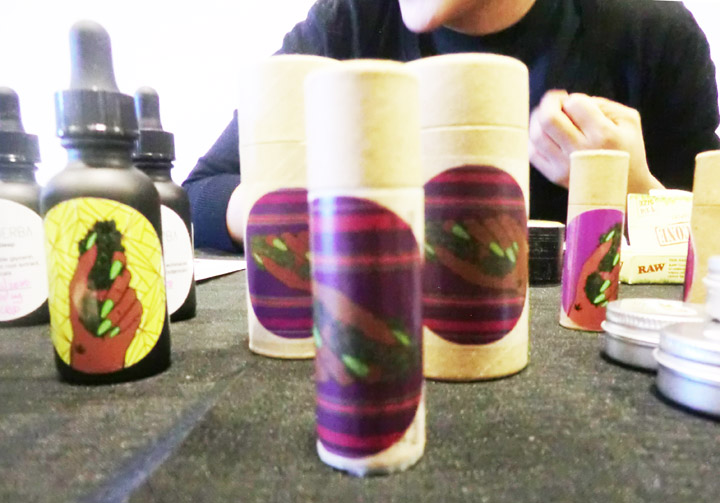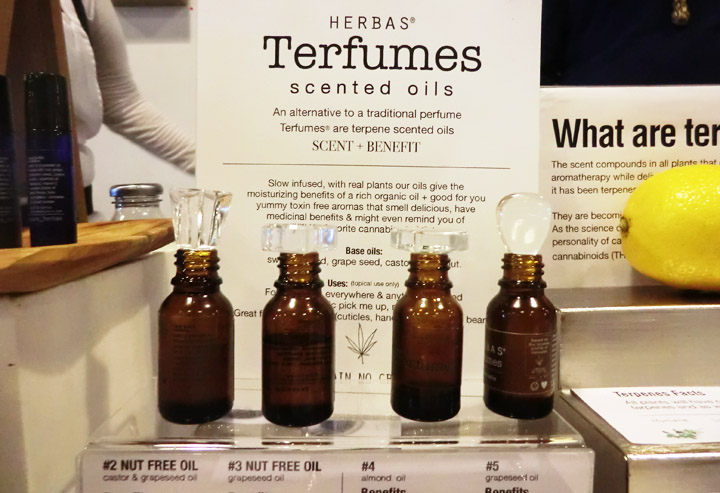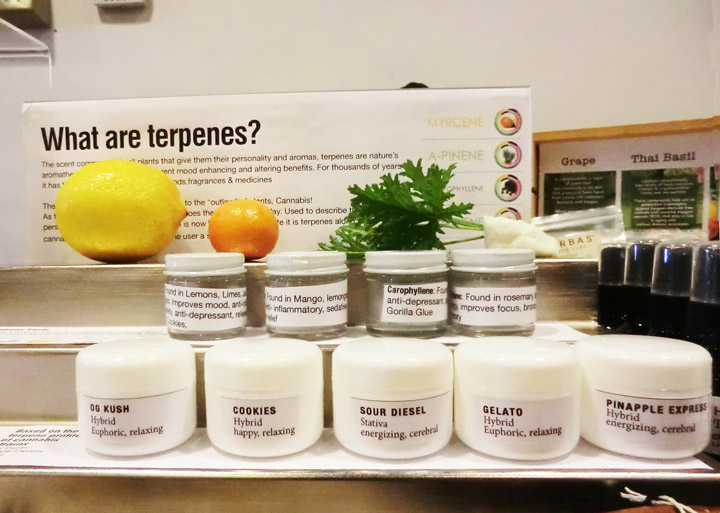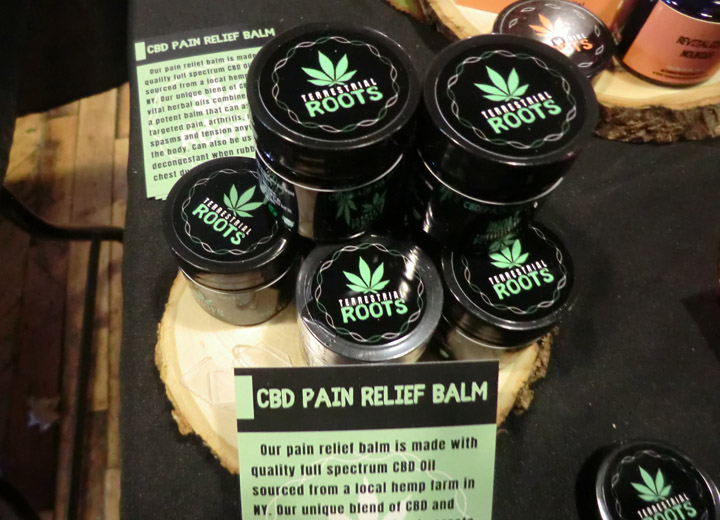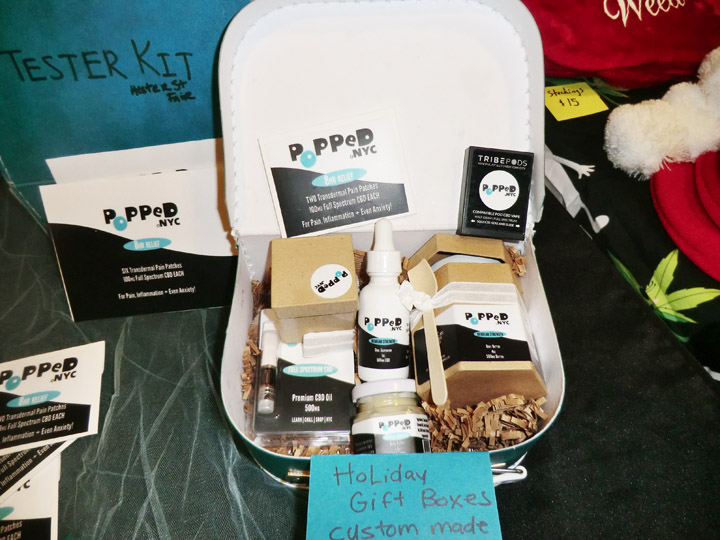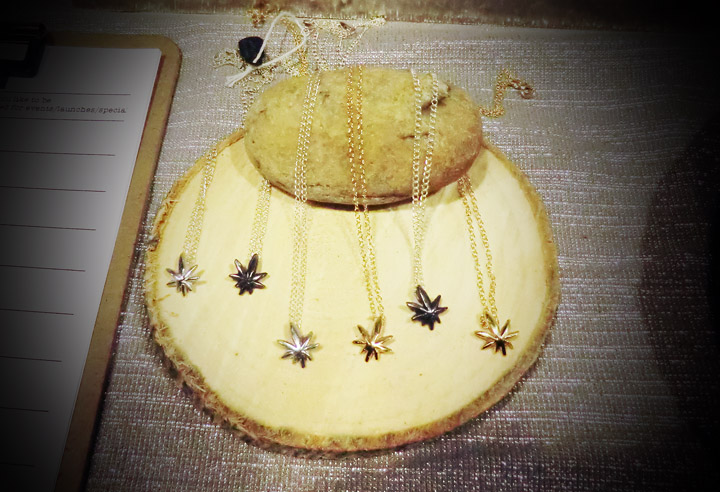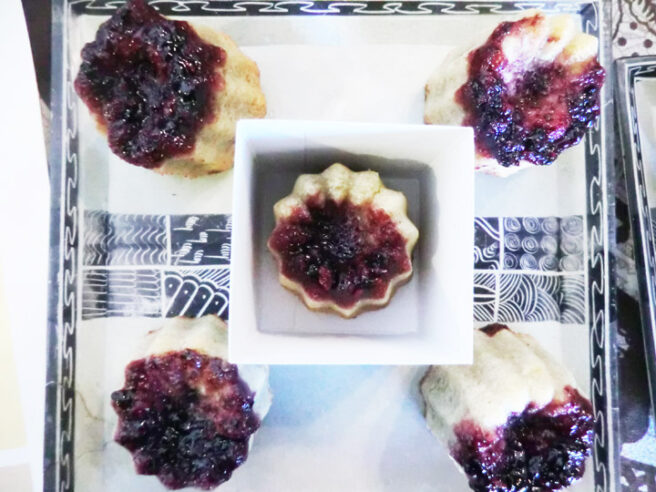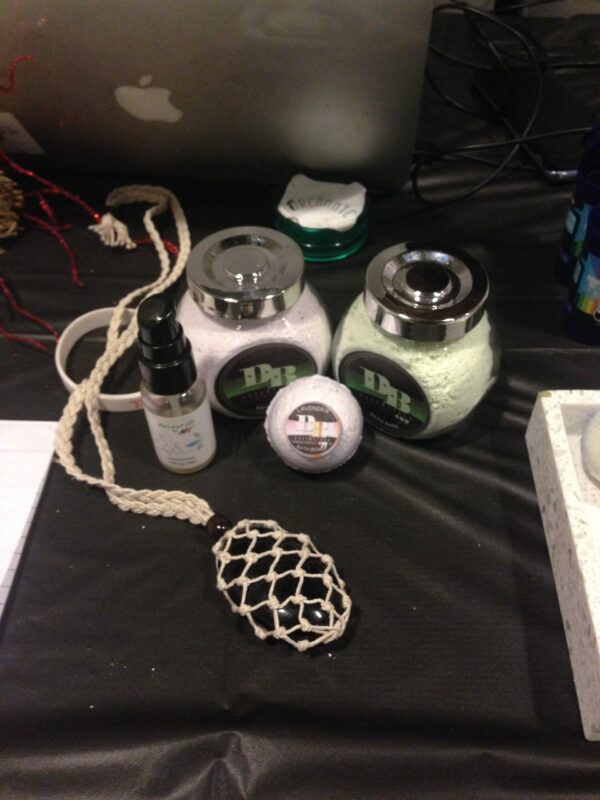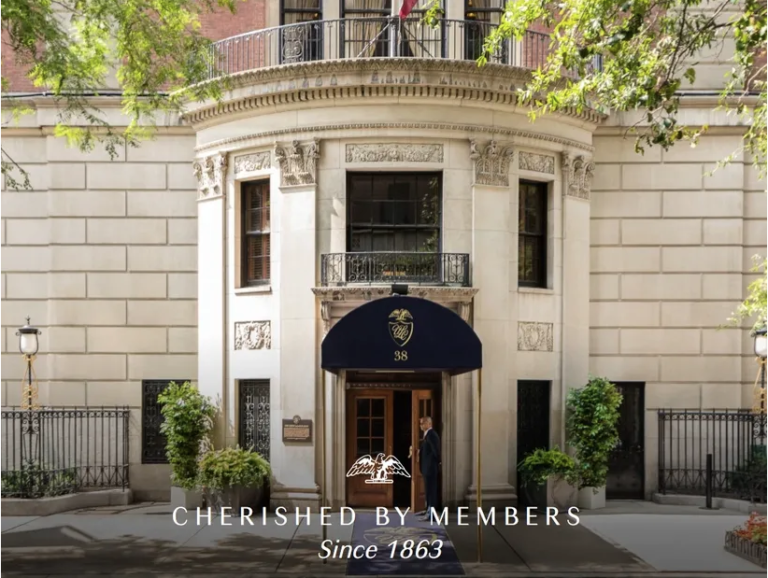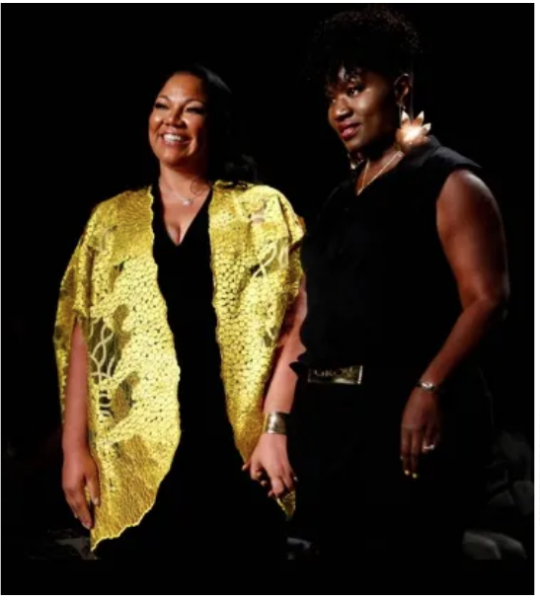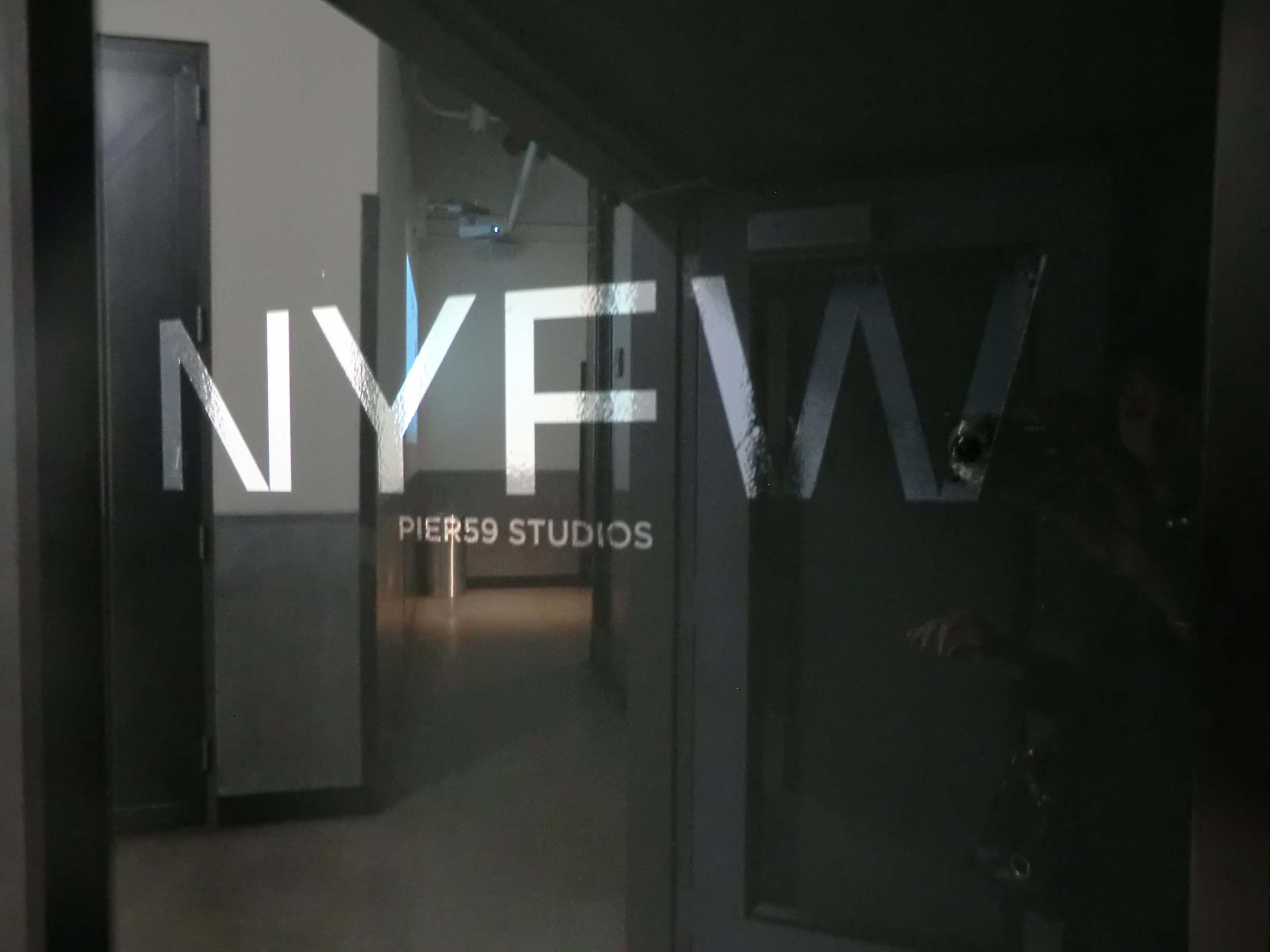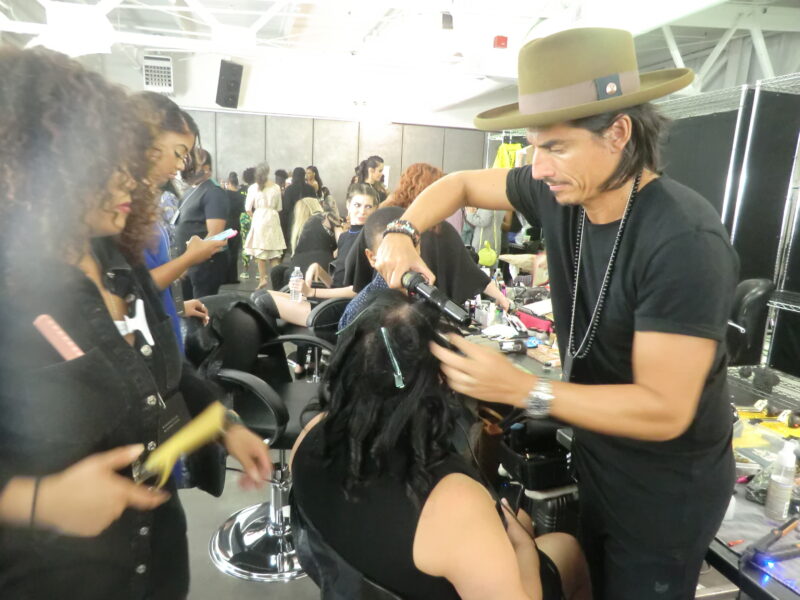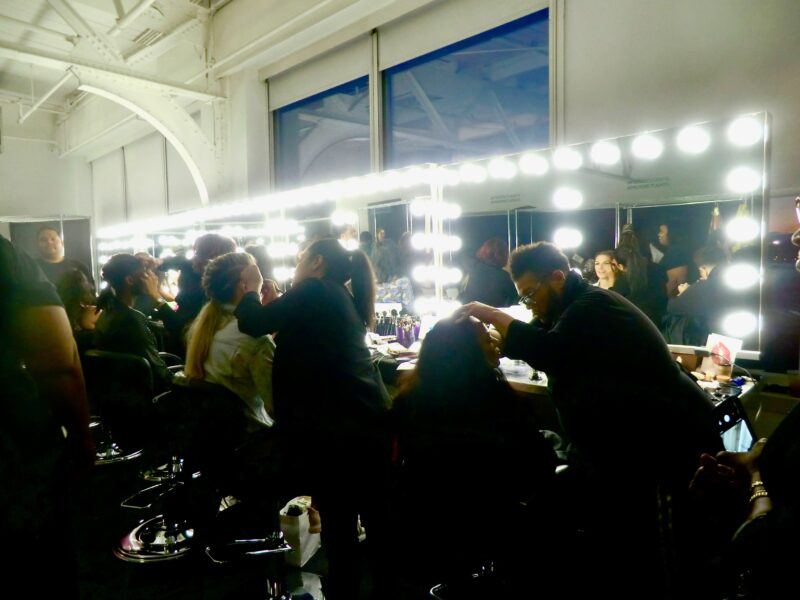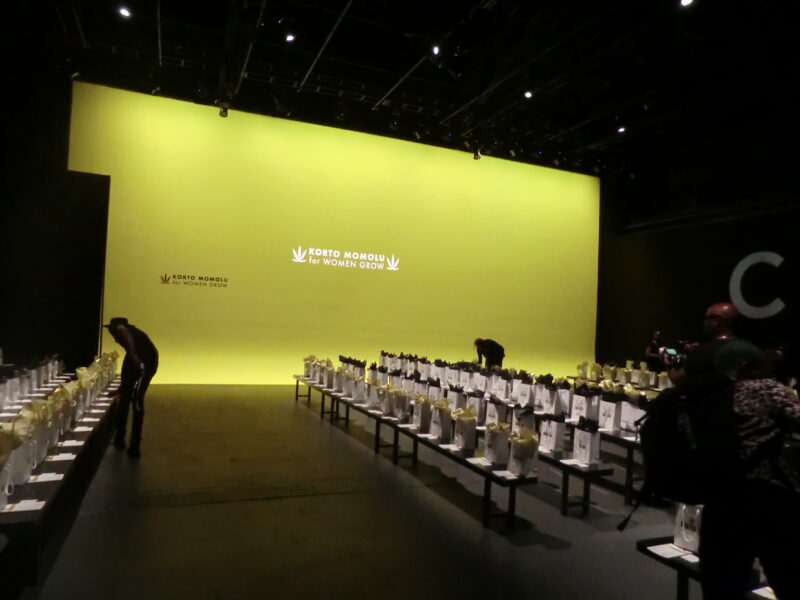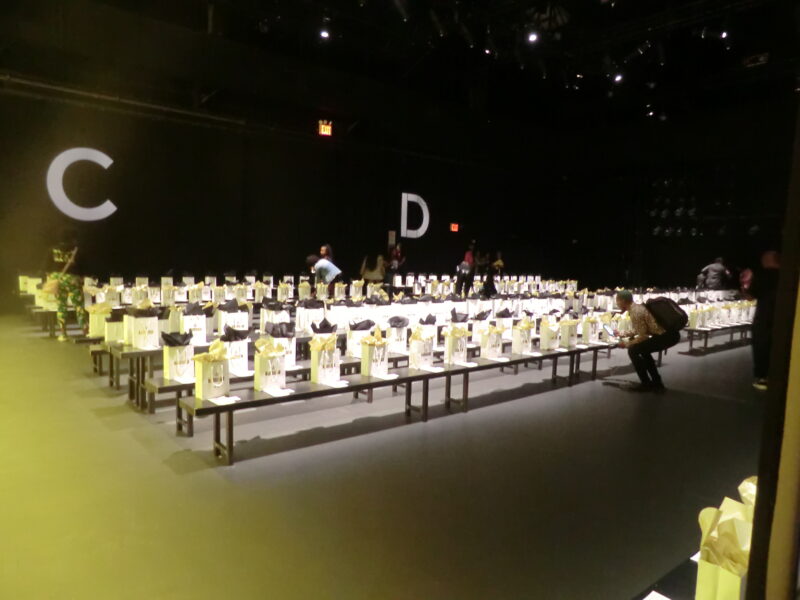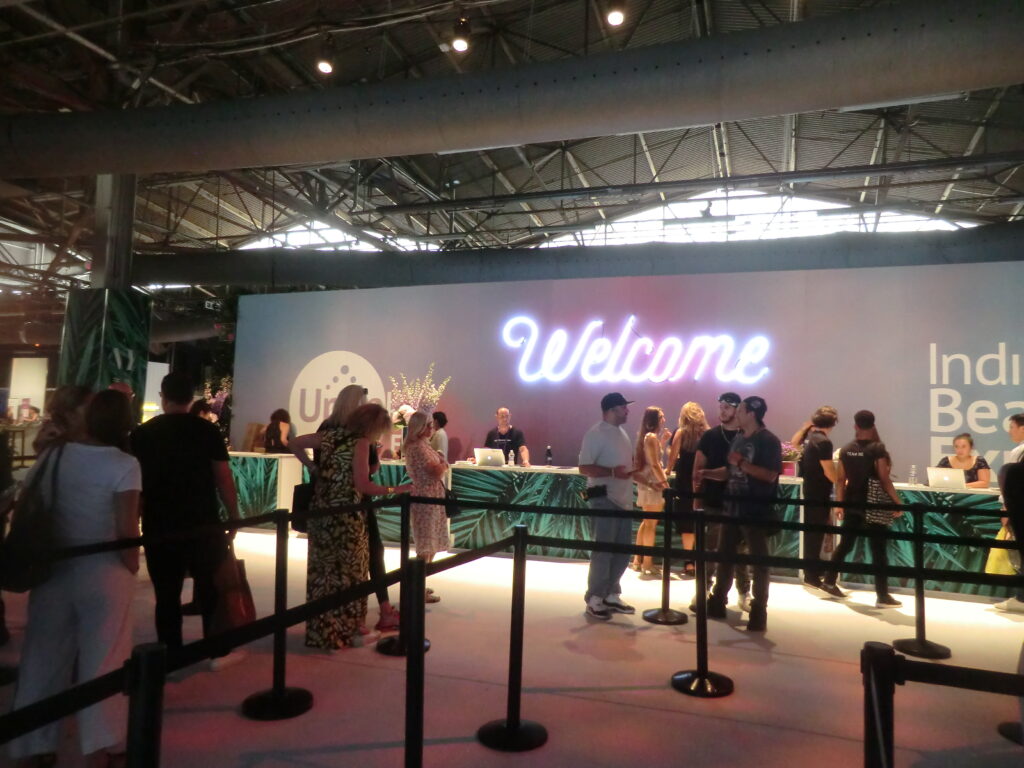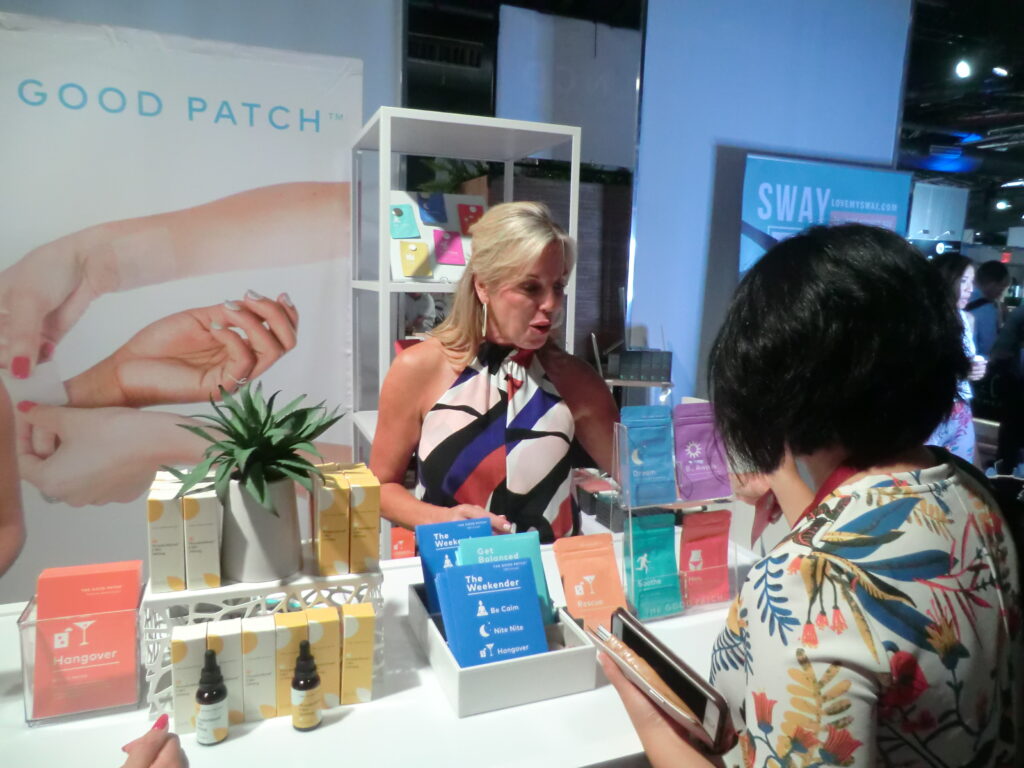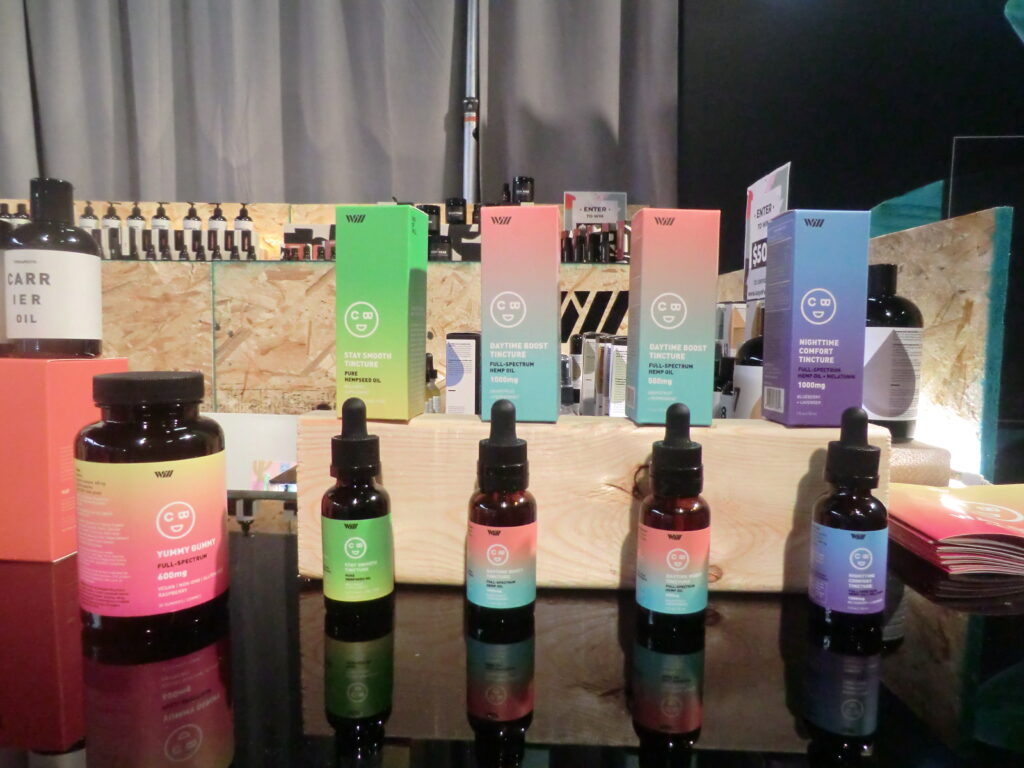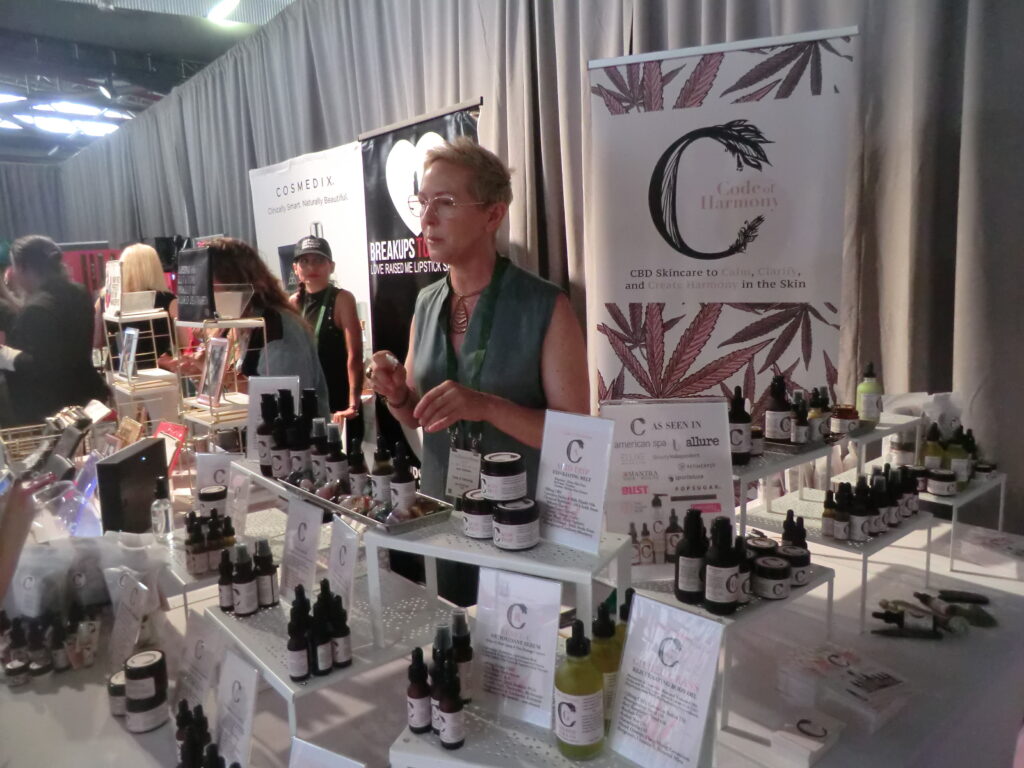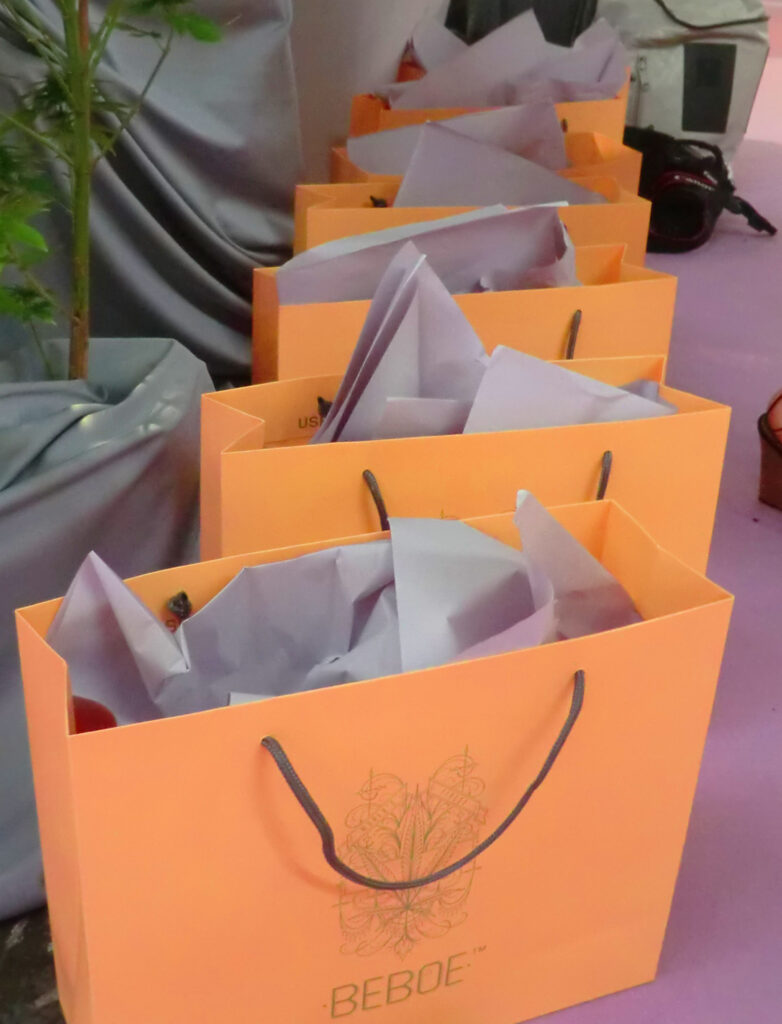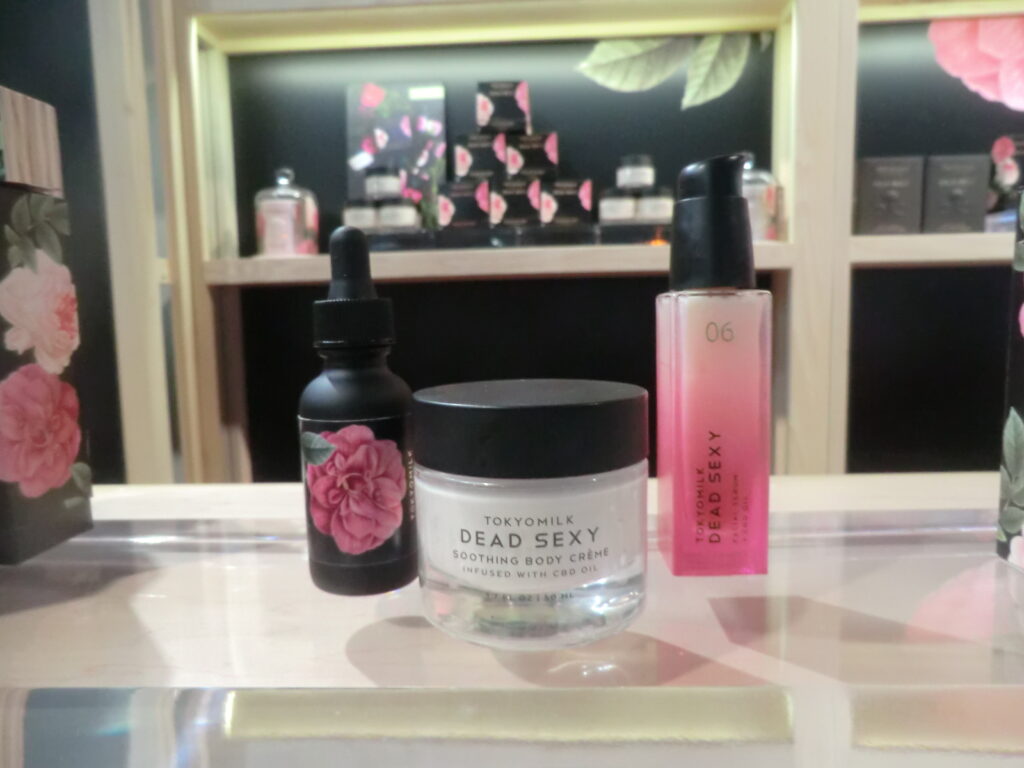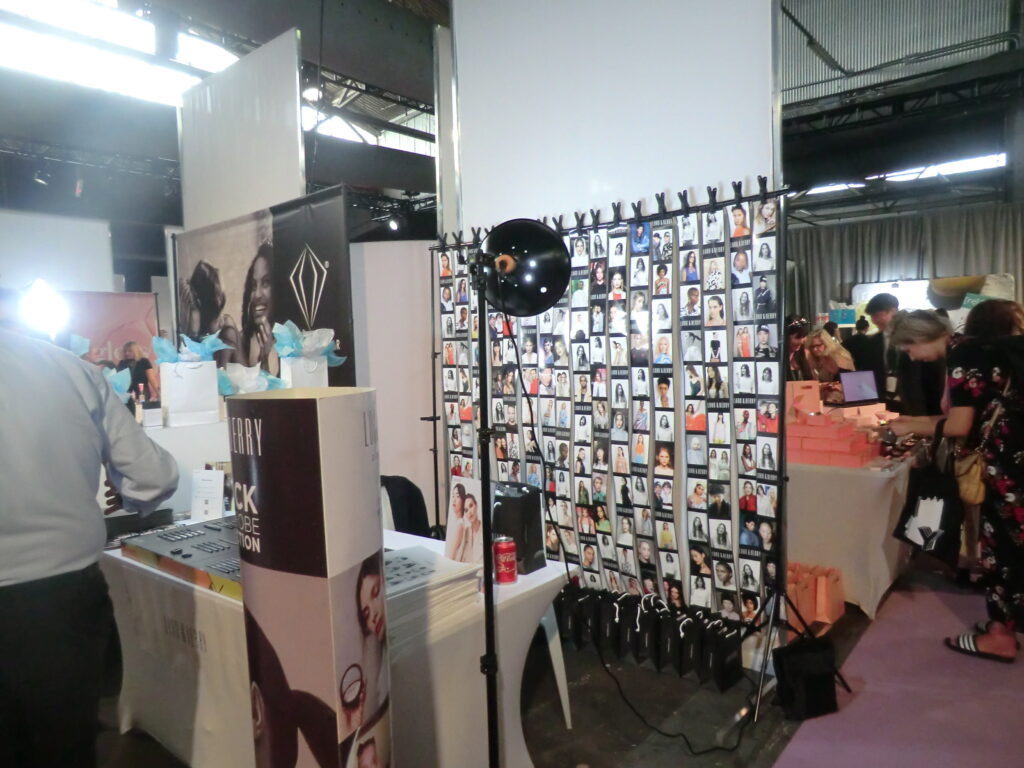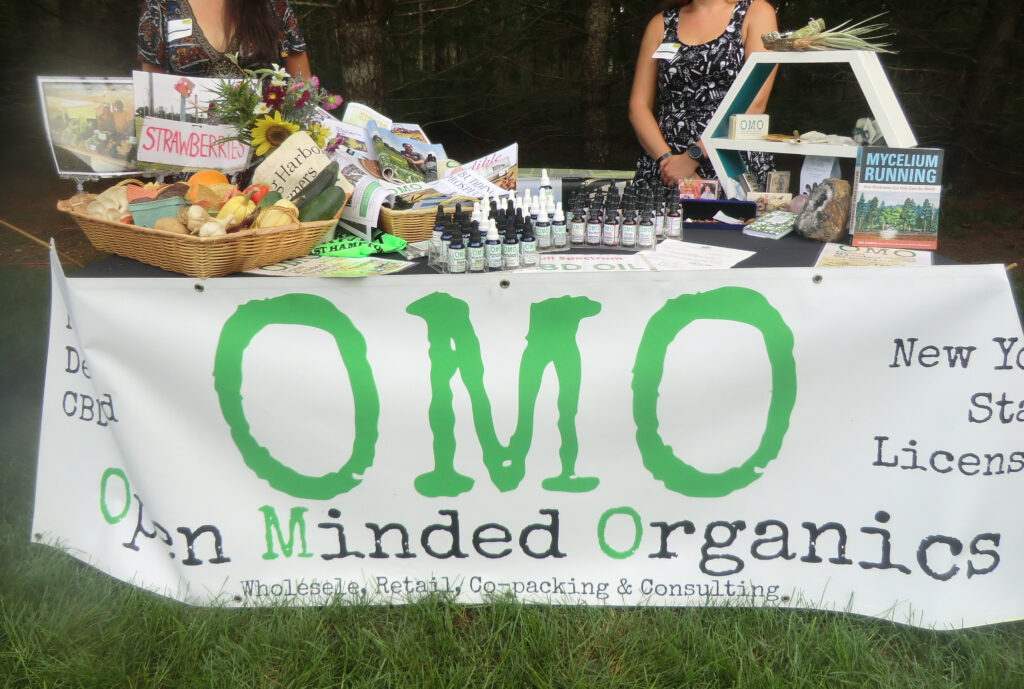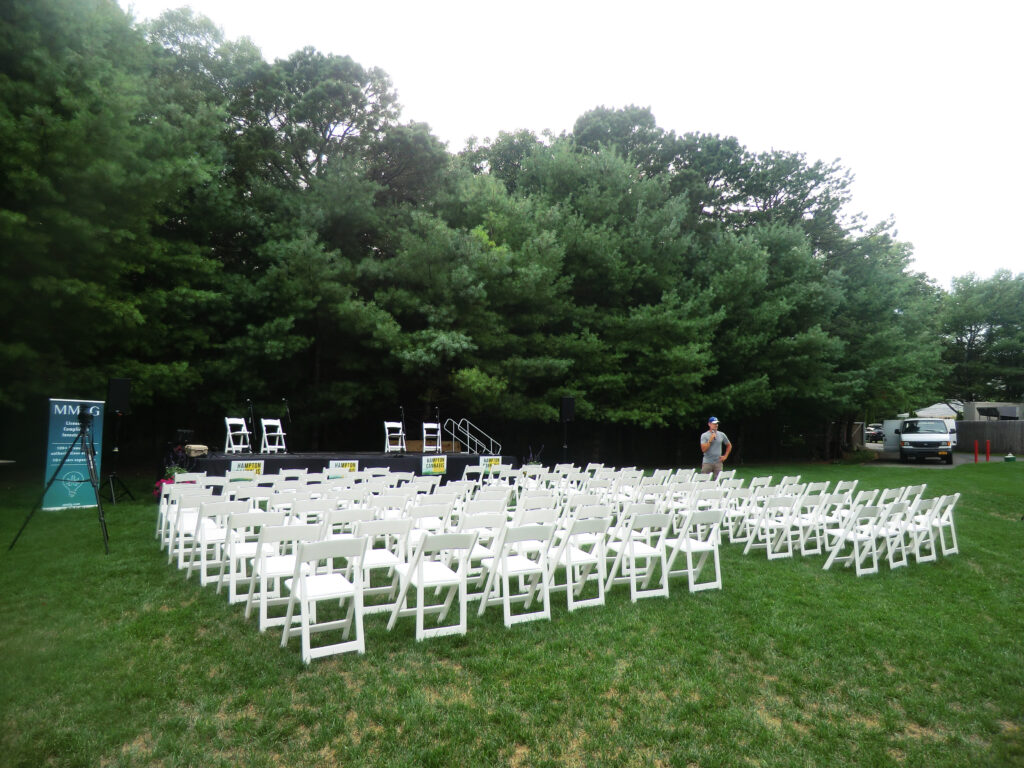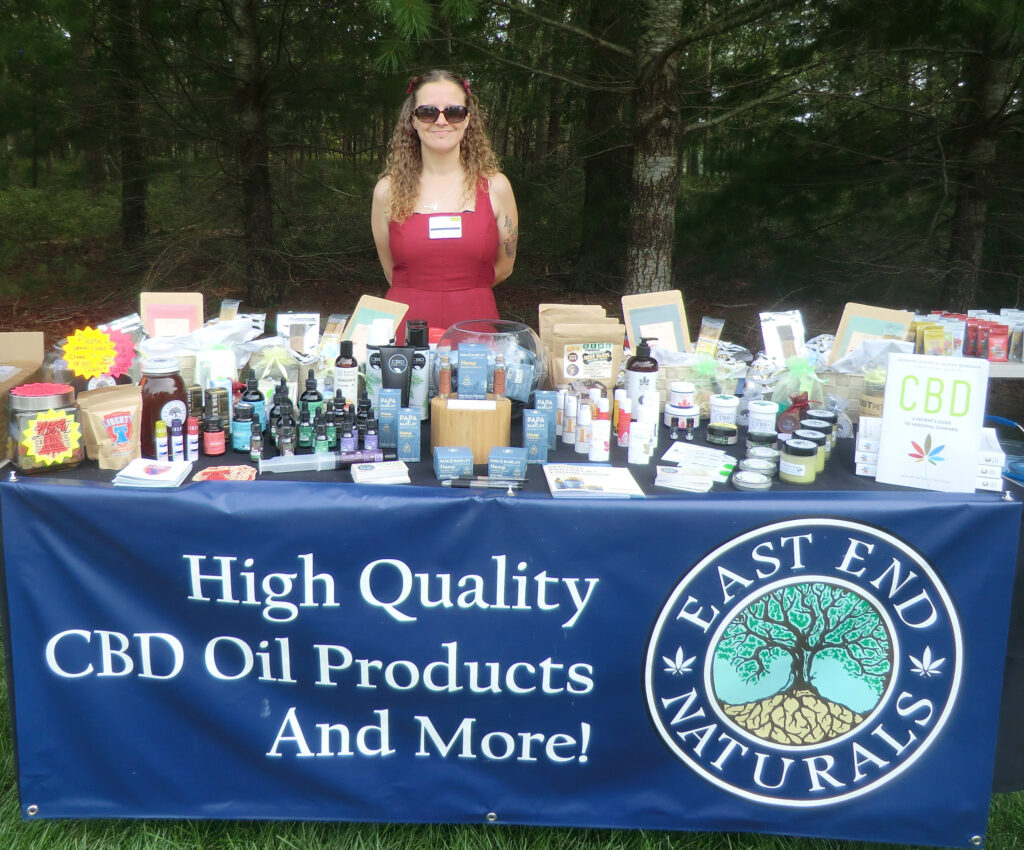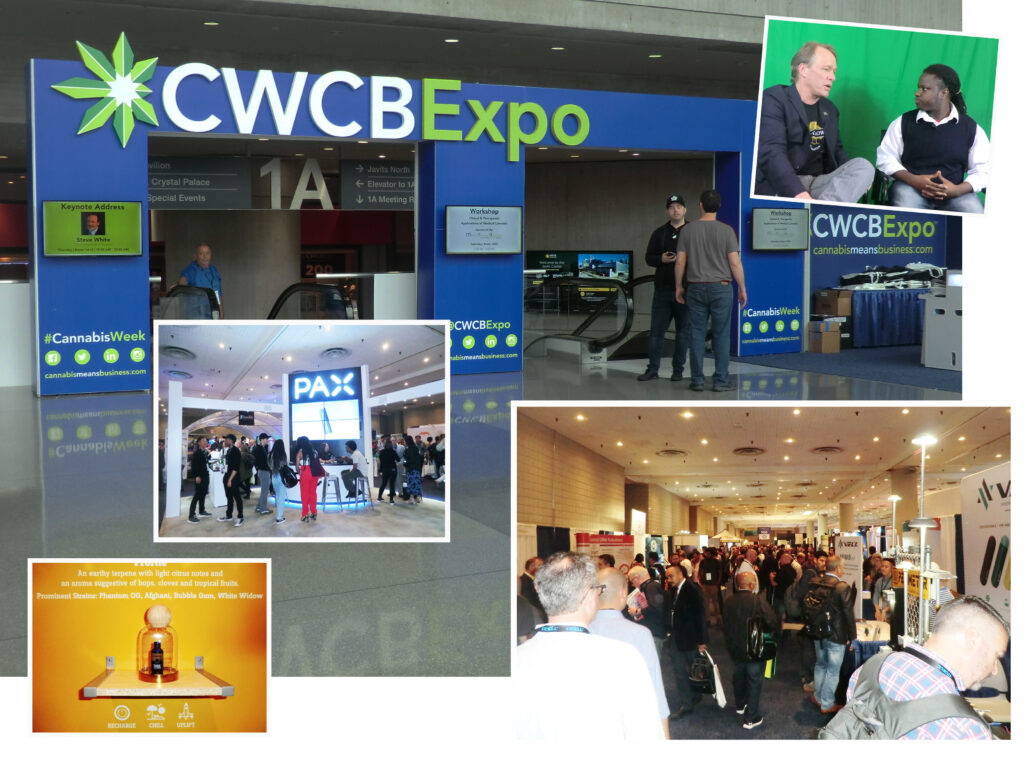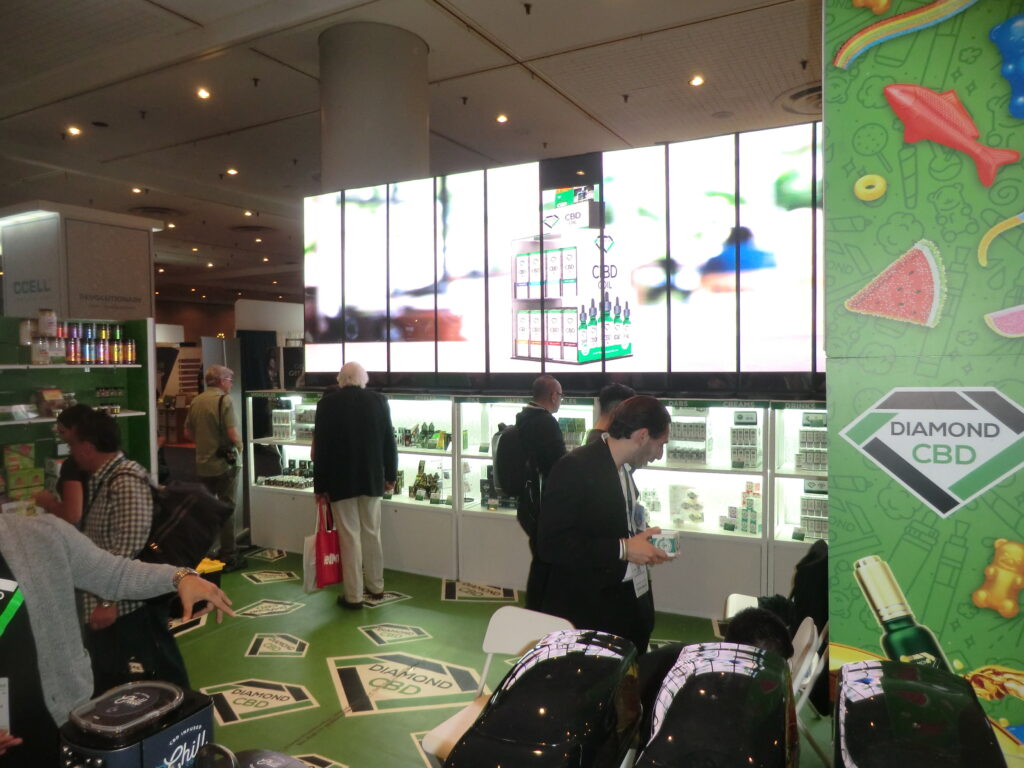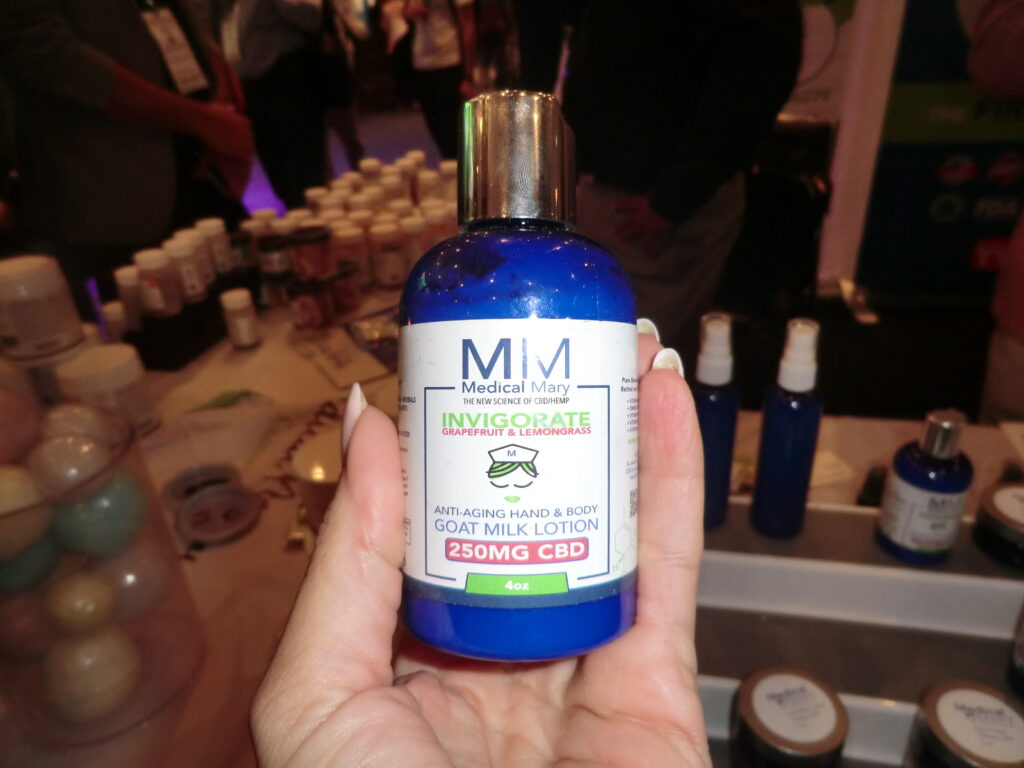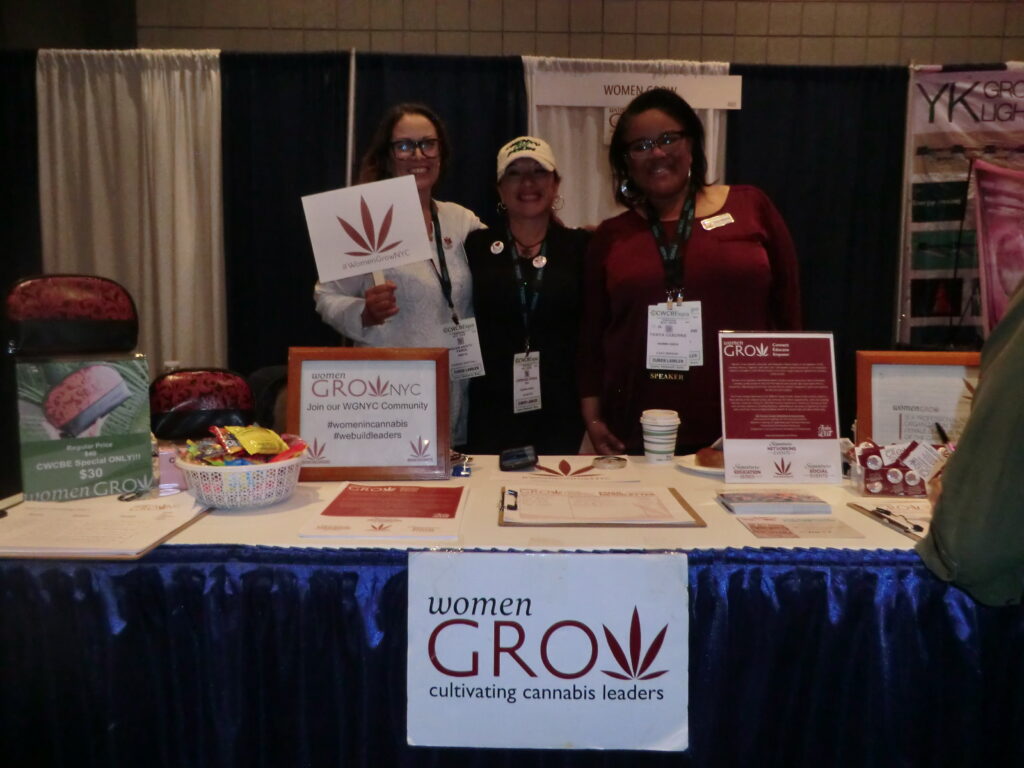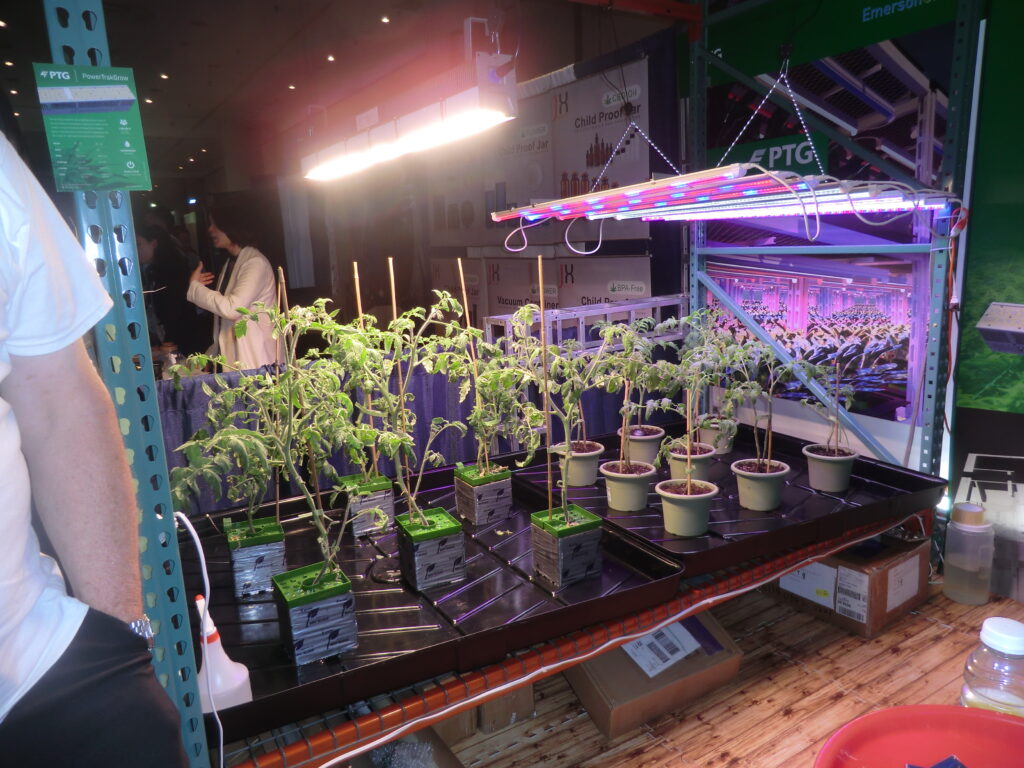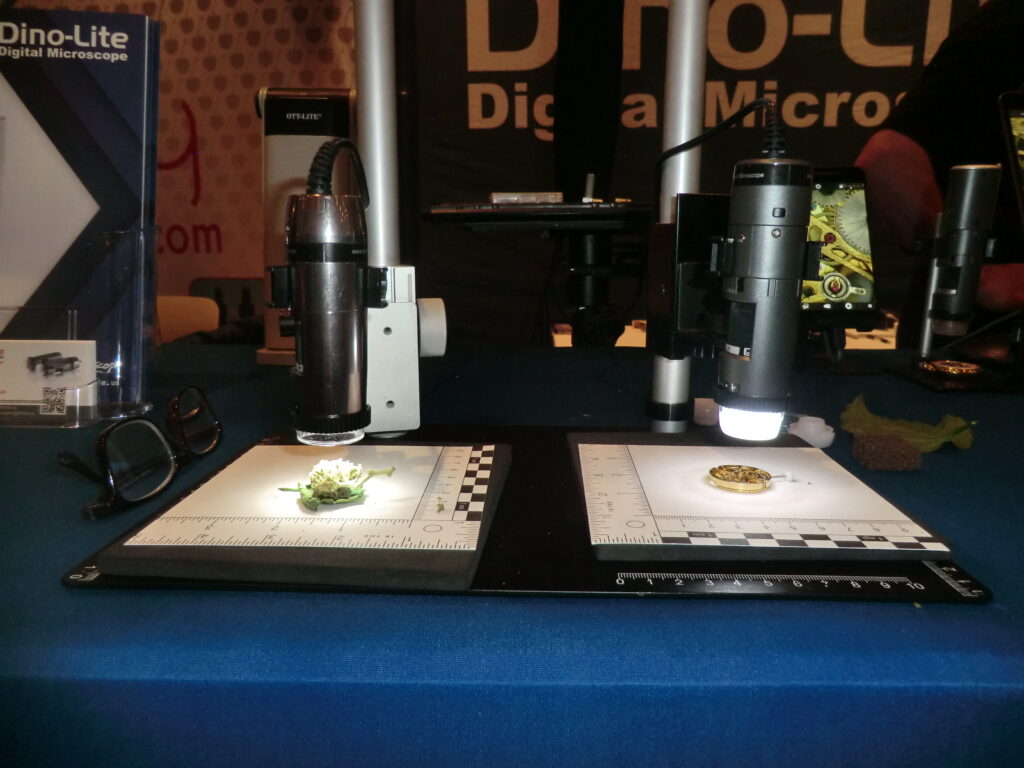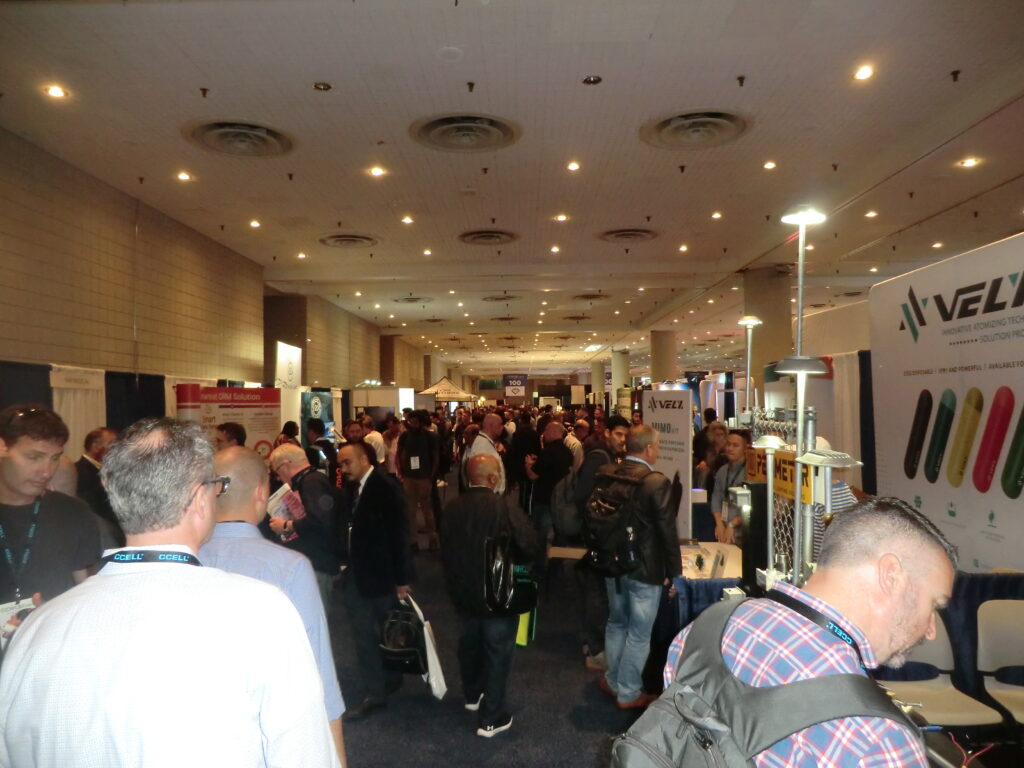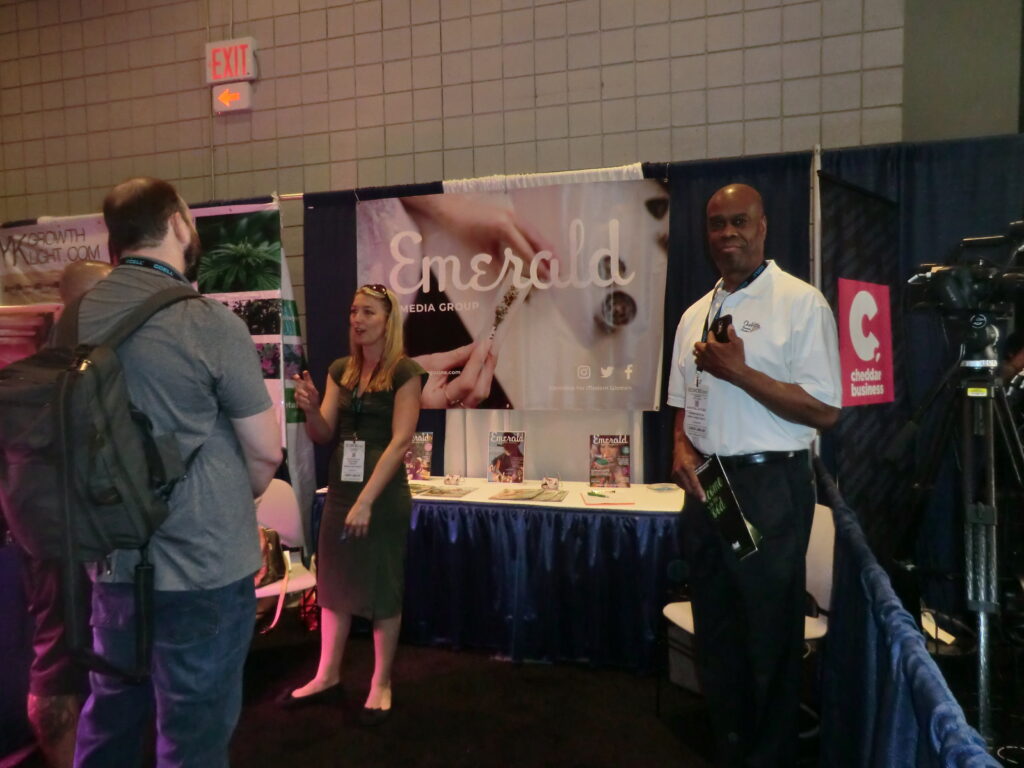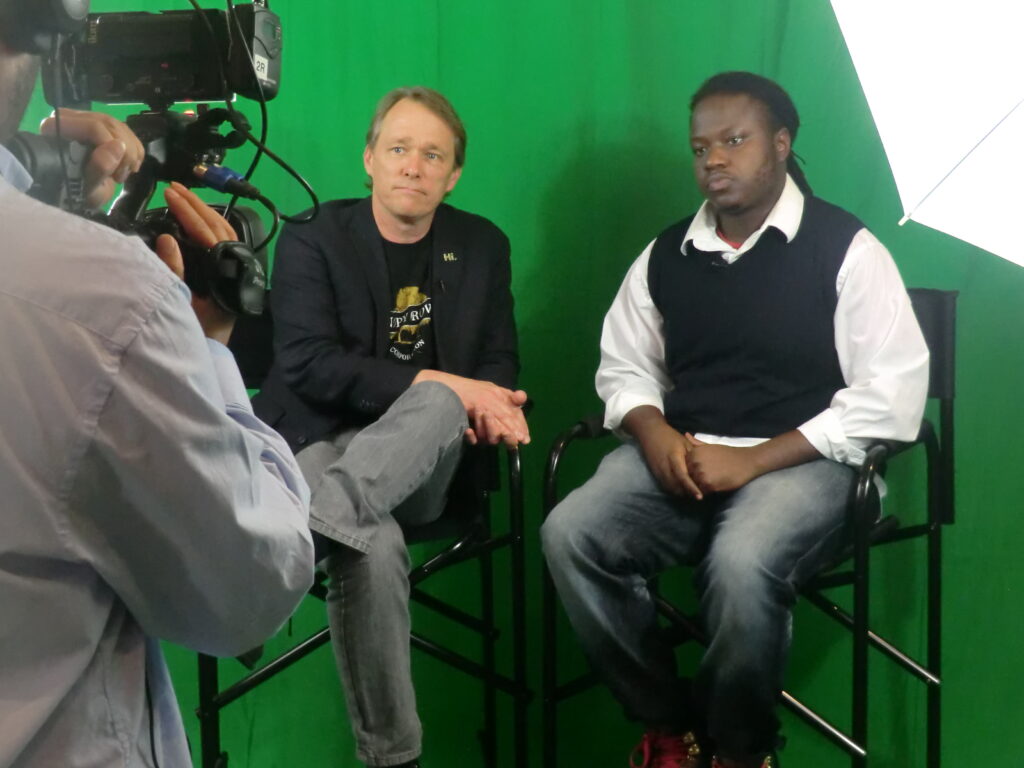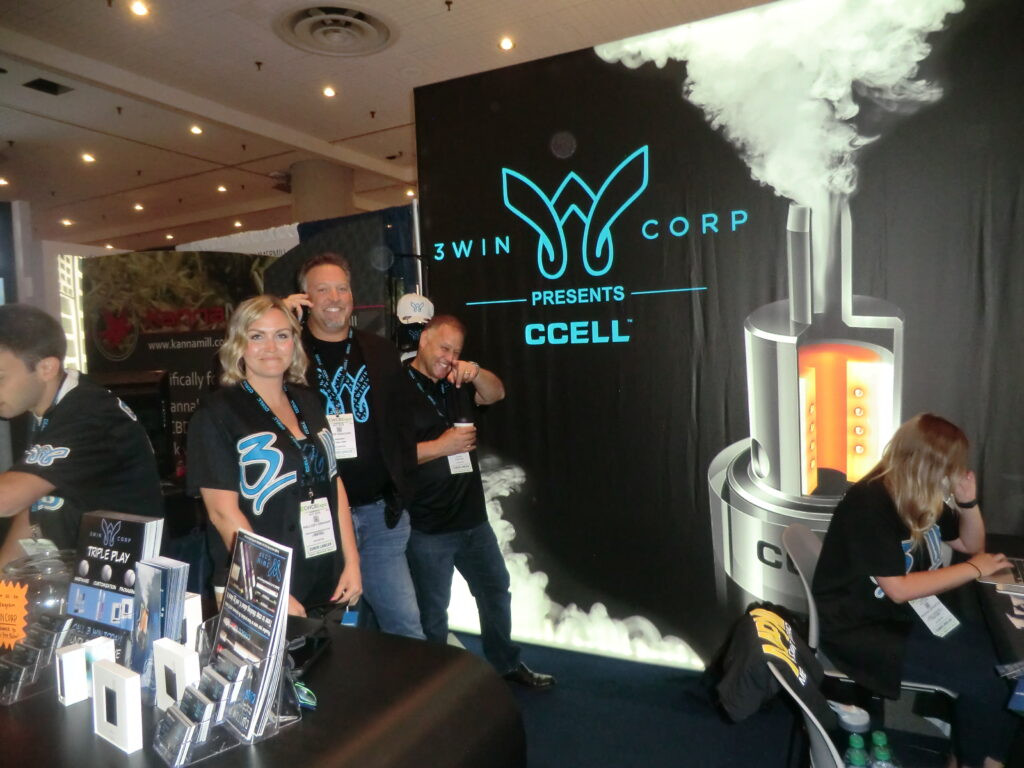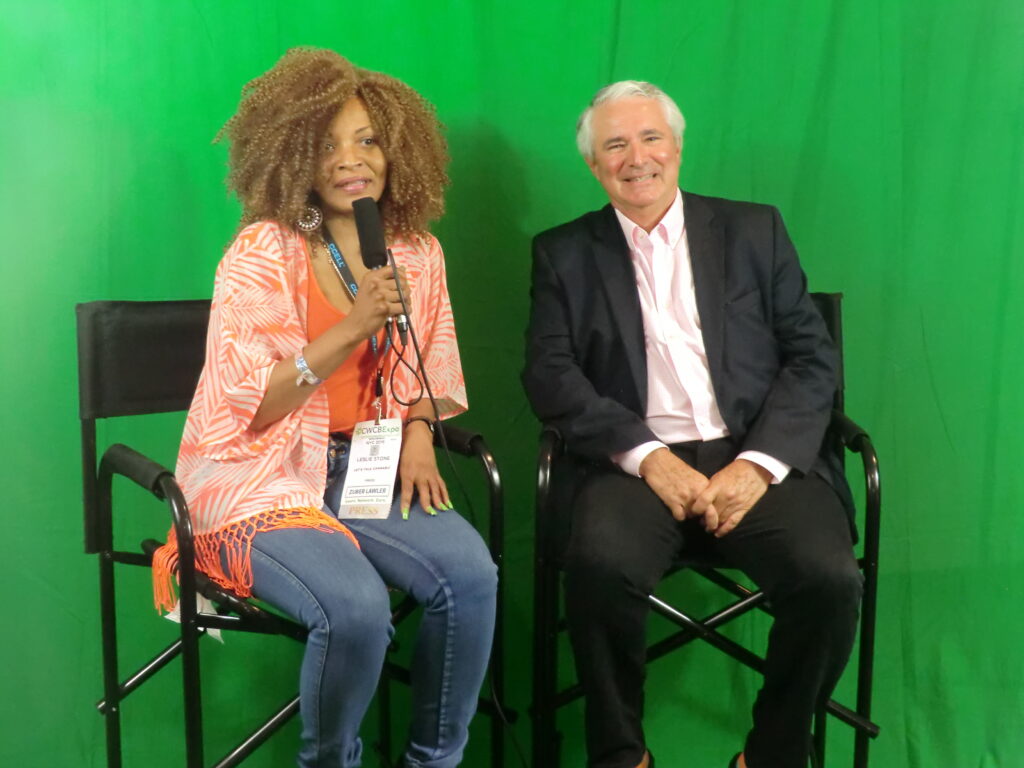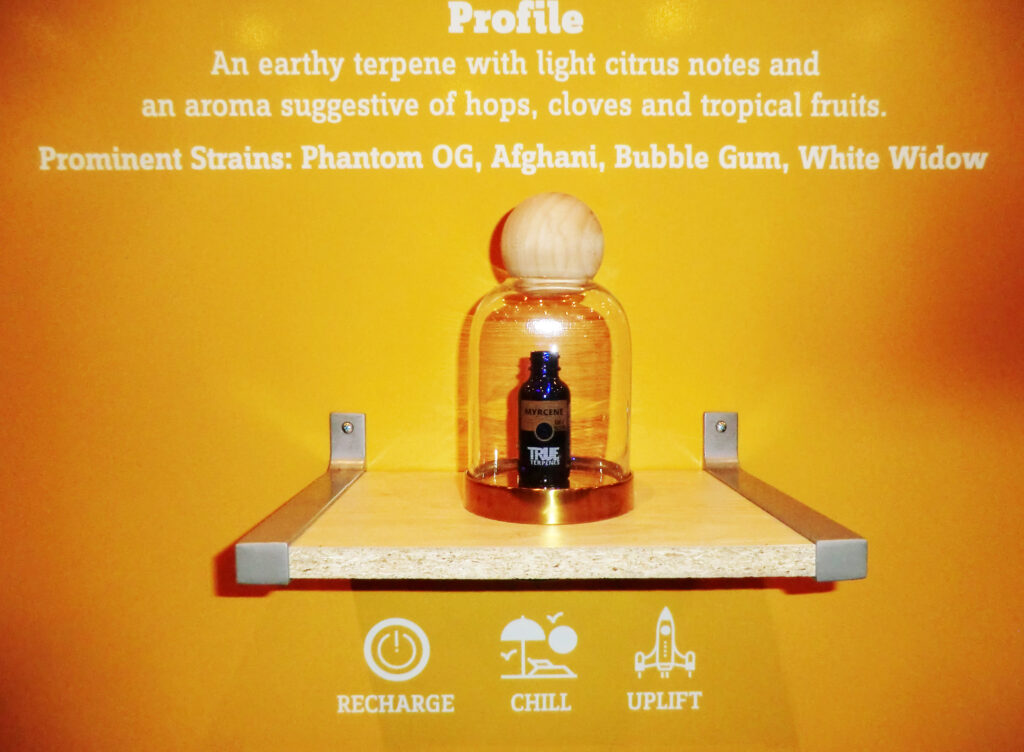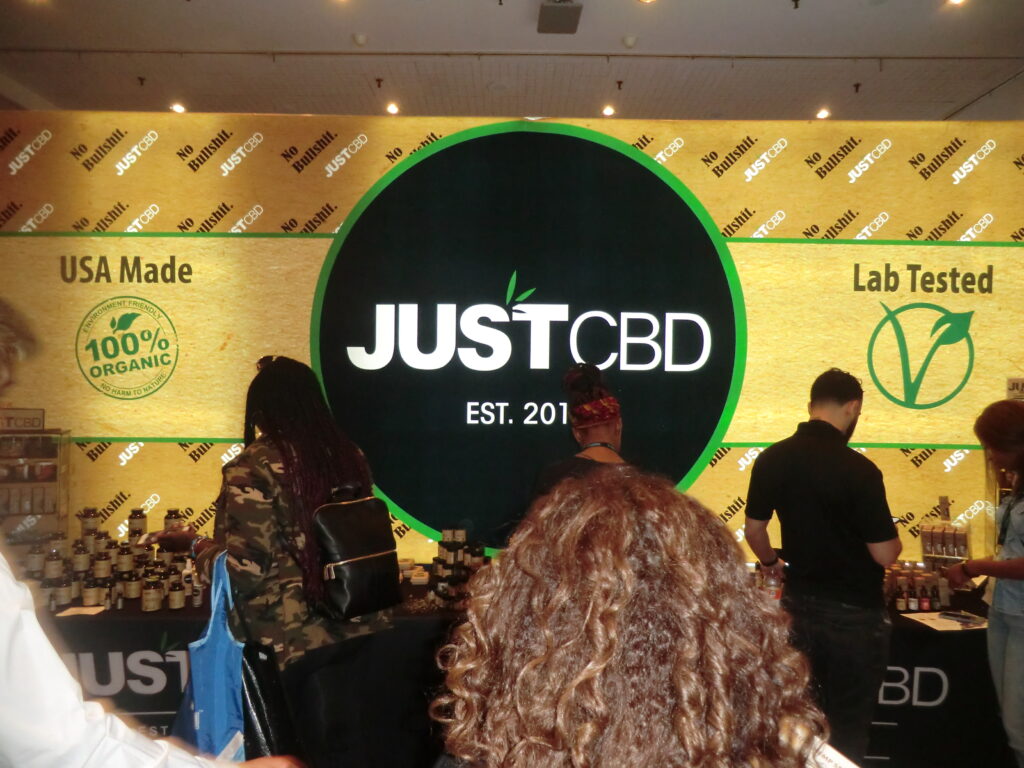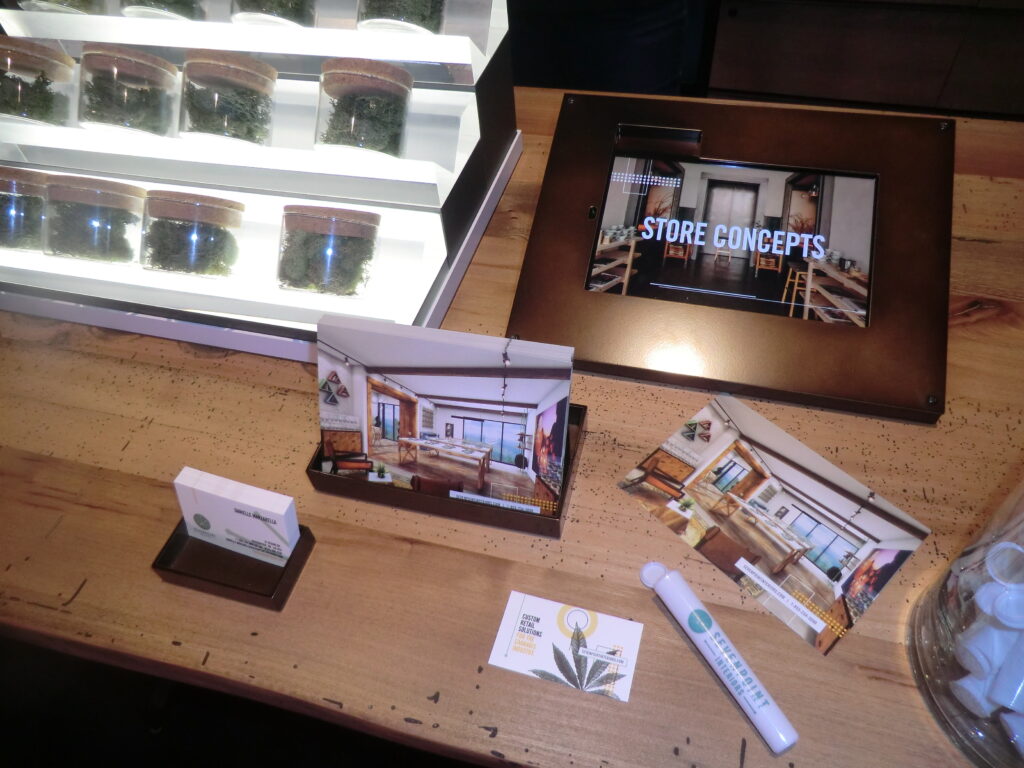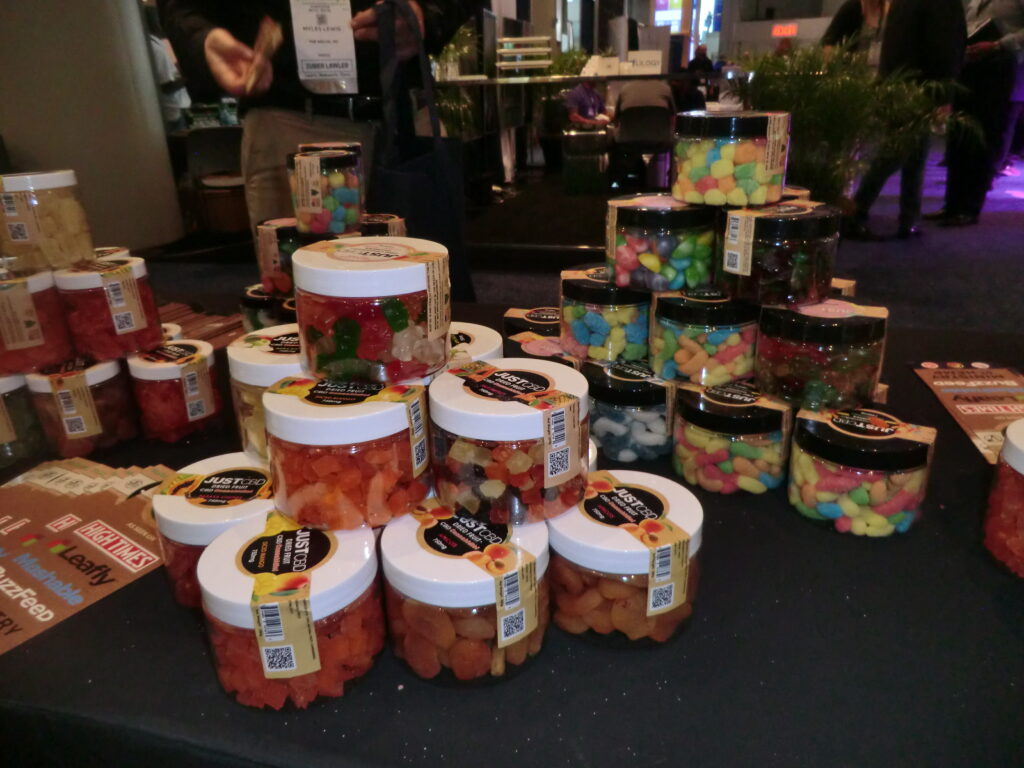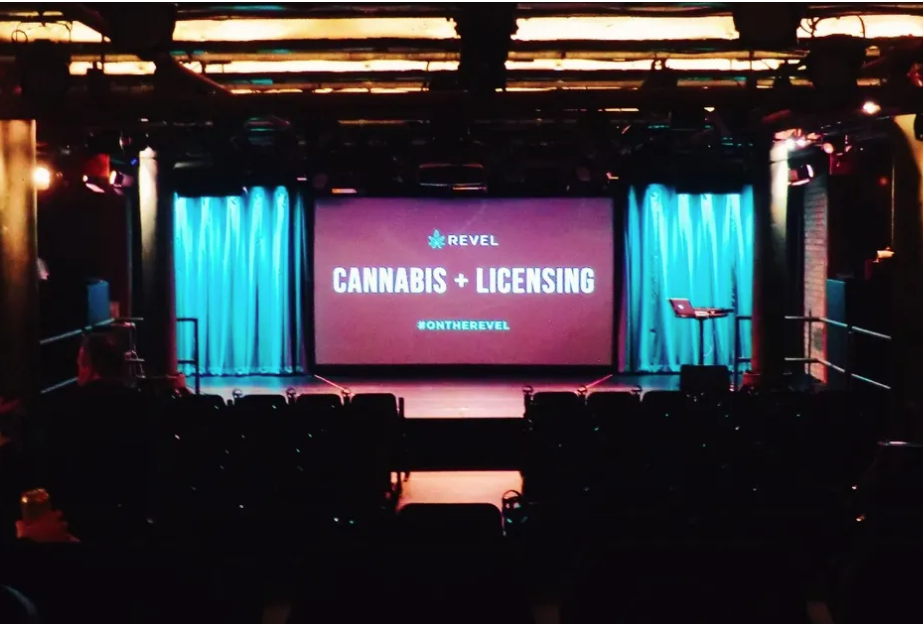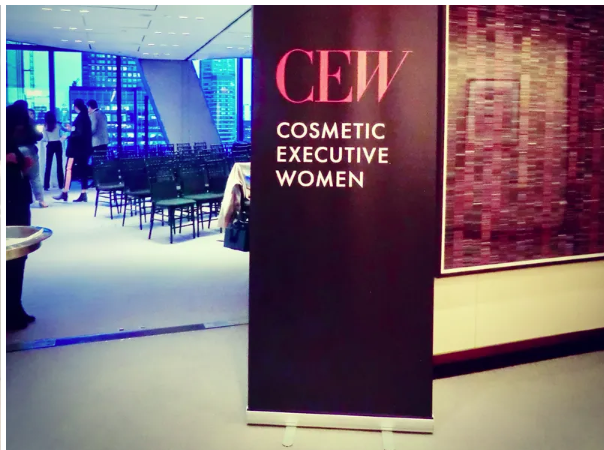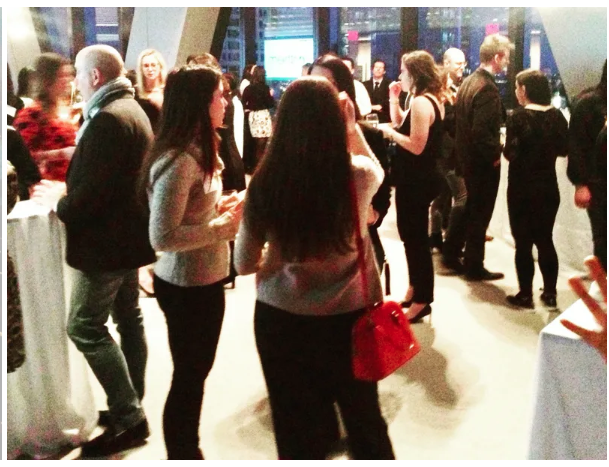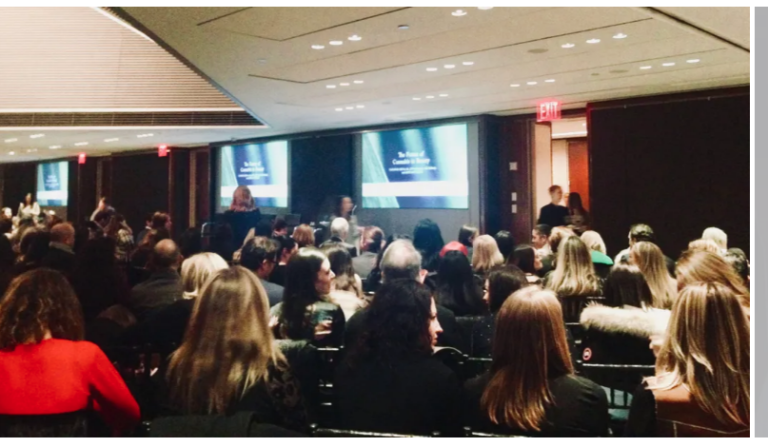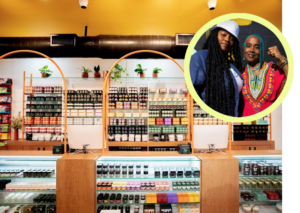Inside the Pretty Sober, Extra Bro-y Cannabis World Congress
At the Cannabis World Congress in NYC, lifelong stoners rubbed shoulders with straight-edged venture capitalists, and CBD dog treats were on display alongside cannabis DNA testing.
by Alaina Demopoulos
If you were looking to smoke some pot in New York this week, the Cannabis World Congress and Business Exposition was the last place you would want to be.
Located in a downstairs corner of the Javits Center (a book convention took up the main pavilion), the sixth annual CWCBE promised attendees a host of seminars and exhibitions. For a $50 entry fee, one could peruse booths of vendors selling CBD dog treats, appetite-suppressing hemp, or “bliss”-inducing gummies.
One thing not welcome, as made clear on the trade show’s website and program: the mind-altering ingredient in cannabis, THC, was “strictly prohibited at the event.” To that end, a “Cannabis Vending Machine” on display spat out only empty shot glasses.
One half-joke among guests included a sophomoric inquiry best saved for Richard Linklater scripts:
“Hey, do you know where I can find some weed around here?”
The answer: around the corner on 11th Avenue, where a small army of boomers dressed in tie-dye shirts played a game of pickup frisbee, annoying the “book nerds” from the adjacent conference trying to use the sidewalk. Nearby, a publicist whose business card read, “Sex, Drugs, and PR” attempted to woo reporters with a pre-roll.
Inside the center, the crowd skewed decidedly more business casual. Boomers in tie-dye were heartily outnumbered by backpack-toting venture capitalists in Cole Haan loafers and pastel button-ups. Attendees lined up outside of conference rooms to watch PowerPoints about weed.
The $10.4 billion legal cannabis industry has enticed the same kind of Wall Street financier who 30 years ago might have been played by a coke-snorting Michael Douglas.
Though CWCBE hosted a very tiny handful of social justice organizations like WomenGrow and Minorities for Medical Marijuana, the Javits Center embodied more of a backslapping boys’ club. Venture capitalists roamed a site that did not smell of pot smoke, but reeked of Versace Pour Homme.
When this writer asked one yuppie for an interview, he responded, “Only if I get your number first.” (A pickup line one presumably must be very high to appreciate.)
“If all the rock stars die at 27, then at 37 everyone gets into cannabis,” Brian McGrann, a consultant in from Philadelphia, told The Daily Beast. “Maybe they’re all having a mid-career crisis. If you’re going to reinvent yourself, this is the industry you choose.”
Degelis Tufts is the CEO of Tribe Tokes, which sells prettified vapes and CBD cartridges. She has attended similar trade shows for the past three years.
“This year, there are a lot more people who are not traditional smokers,” she said. “That’s the ecosystem now—lawyers, digital marketers. I had someone come into our showroom who was interested in investing who told me, ‘I don’t touch the stuff. I’m just looking to make money.’” (Tufts added that her company would “never take money from someone like that.”)
Splashy, well-attended booths included hemp-infused spaghetti, bourbon, and CBD slushies. Other exhibitors repped less sexy, but still essential, businesses.
The law practice Kaufman & Associates represents cannabis entrepreneurs navigating pesky logistics like securing financing and licenses. Contempo Specialty Packaging touted its new, child-proof storage box. The payment platform Alt Thirty Six, a cashless app for cannabis businesses, also sent representatives. (E-commerce companies that sell THC or CBD products are often turned down by more traditional options like Square, PayPal, or Venmo.)
Dean Crutchfield works as the Chief Business Officer for Omē Wellness, a 23andMe-style DNA test that suggests specific weed strands based on genetic profiles.
Curious potheads with $129 to spare can conduct at-home cheek swabs and send the sample to a lab in California. Within two weeks, they’ll learn whether their genetic tendency for anxiety or family history of Alzheimer’s plays well with a specific indica or sativa. (And hopefully not discover dark family secrets about their true parentage.)
Though a doctor signs off on every Omē report, Crutchfield is quick to clarify that test results are suggestions rather than any concrete diagnosis.
“We’re not saying you’ve got a problem, we’re saying you’ve got a predisposition,” he said. “We’re very confident that you could have these problems, but recommending that you seek medical help would be overstepping the mark in terms of ethics.”
Last year, 23andMe garnered criticism for announcing that it would sell customers’ genetic data to the pharmaceutical giant GlaxoSmithKline. Though Omē reps refuse to go the same route, the company will use reports to conduct internal research—unless customers check an online box requesting the lab destroys their tests.
Bloomberg recently listed Brendan Kennedy, the CEO of Canadian medical marijuana company Tilray, as the second-highest paid CEO after Elon Musk. Some CWCBE guests cited his $256 million salary as a motivation to enter the field.
“I’m here to investigate opportunities,” Jeff Soule, 40, said. “[But] I do see big business as a threat. The know they can strangle the little guy—are alcohol and tobacco companies going to penetrate the industry? Will cotton come for hemp? If they want to, they can.”
Thomas J. Fuccello founded DabbinDoge, a CBD dog biscuit company, out of his home in Morristown, New Jersey three years ago.
